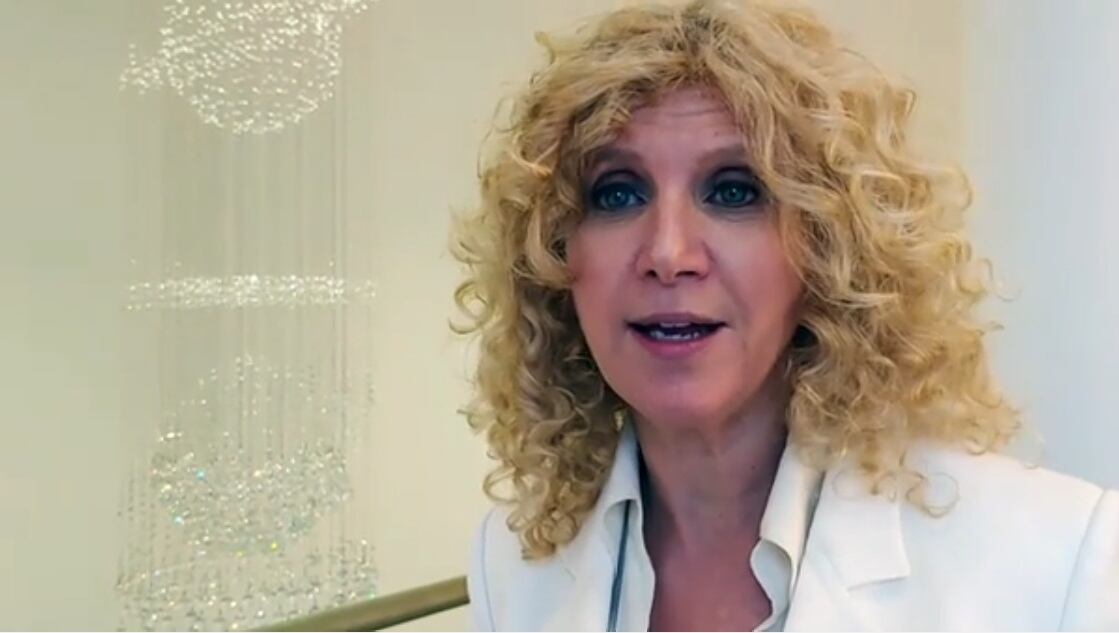At the same time, the number of reported deals in the space in 2018 also is up a staggering 150% to 247 from 99 deals in 2017, according to the report released last month by Ryan Williams, who leads finance and special projects for Rise Brewing Co.
But is this huge influx of funds actually a good thing for entrepreneurs in the space? According to Dayton Miller, a managing partner with the venture capital firm Boulder Food Groups, the answer is yes and no. In this episode of FoodNavigator-USA’s Investing in the Future of Food, he also notes that the amount of money invested and the number of deals in the segment are not the only ways to measure the industry’s success or future potential.
More can be better, but isn’t always
While more isn’t always better, Dayton argues the current influx of funding in the food and beverage space is “a good thing” for the overall industry, but he cautioned it can be detrimental in individual cases.
He explained that the current steady stream of investment in food & beverage reflects consumer interest in the space, which he suggests will continue to deepen and expand with time.
“The movements are real, and we believe we are still in the early stages of it,” Dayton said.
He acknowledged it is easy to get caught up in the micro eco-systems of what is trendy in specific cities or stores, but that it is important for entrepreneurs and investors to consider how a product or brand might cut across different regions and channels when evaluating its full potential.
Through this lens, he added, it is possible to have too much funding and that it is better for entrepreneurs to raise only what they need when they need it.
“Certain investors may be a bit more comfortable spending ahead of the … demand curve than we are. We like to believe at least that there is a right amount of capital to put into a business, and too much capital can ultimately hide some fundamental problems,” he said.
For example, he said, entrepreneurs with more limited funds often are more open to soliciting and responding to feedback to finetune a product because they have less runway to take off.
“Our strategy has always been one of relatively conservativism in the sense that we know it is a marathon. It takes a long time. There is only so much you can push, and at the end of the day there has to be a reasonable amount of pull from the consumer,” he explained.
Determining the right amount of capital
So, how does Boulder Food Group determine the “right amount of capital?” Miller says it ultimately depends on the market potential, but also on the people, product, brand and the company’s strategy.
“It comes back to the opportunity you are going after and what are some of the market dynamics. I think if you are first into a particularly emerging sub-category, it might merit a little more spend than if you are second or if you are kind of a fast follower,” he said.
The amount Boulder Food Group will invest also depends on the people behind the startup, Miller said.
“There has to be the right combination of passion, purpose, analytics as well as creative mind. More likely than not, you are going to have a few of those characteristics and hopefully through our networks we are able to really complement the skills and strengths and weaknesses of the entrepreneurs we partner with,” he said.
And finally, he said, Boulder Food Group evaluates investments by looking at the product.
“The product has to be approachable. It can’t be so expensive, such that it is not going to serve ultimately a big audience,” he said, adding, “as investors we are trying to find brands and opportunities that can ultimately have a very big opportunity behind them.”
With all this in mind, Miller added that the food and beverage industries are “fabulous” and “very open to entrepreneurs” who are able to move quickly to respond to changing consumer demands.



